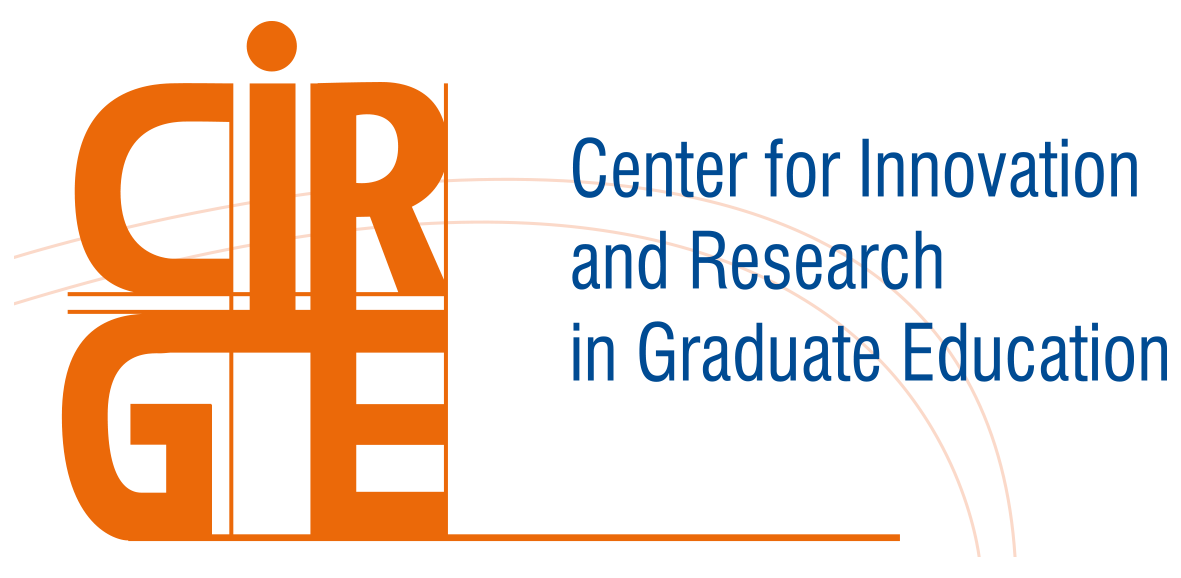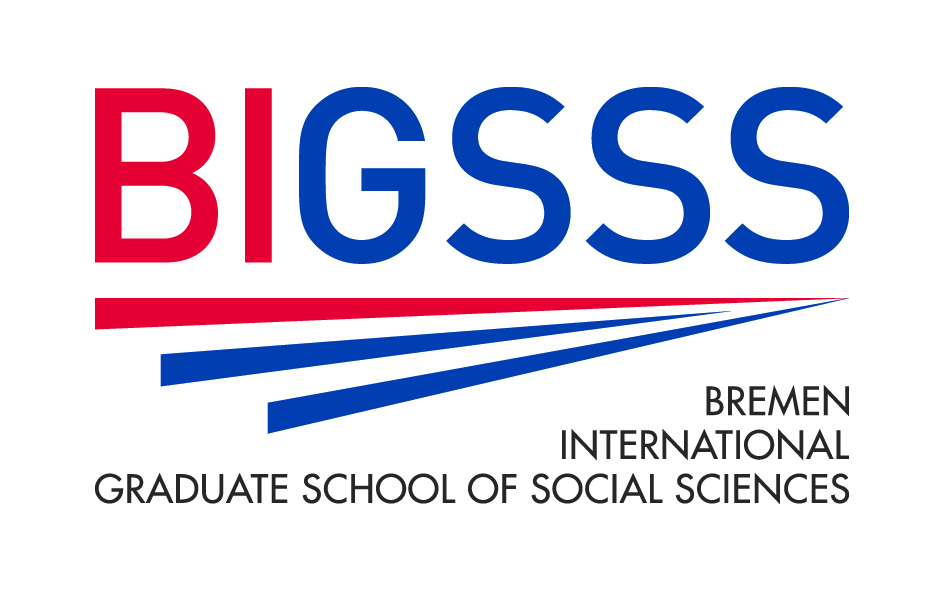Topics of the 2019 Conference “Revisiting Forces and Forms of Doctoral Education Worldwide”
SESSION 1: Assessment of Doctoral Reforms Since 2005
Working Group: Corina Balaban, Andrés Bernasconi, Hongjie Chen, Rosemary Deem, Barbara Grant, Martin Grund, Chaya Herman, Marketa Lopatkova, Aleksandra Kanjuo Mrčela, Maresi Nerad, Janet Rutledge, Dick Strugnell
During the last decades countries around the world wish that their doctoral education systems contribute to becoming knowledge societies. Yet, doctoral education has been evolving separately in different countries, under different funding pressures and governance arrangements. Therefore, such evolution of the PhD, including systems of quality assurance, are divergent in a number of aspects and convergent in others. This group examined the major changes that have occurred in doctoral education since 2005 in individual countries and institutions, such as new and different forms of doctoral degrees, the establishment of graduate schools/doctoral schools, structured doctoral programs, professional competency development, and changes in the types of research undertaken. The group also analyzed opportunities for quality assurance of the doctoral processes. Quality assurance includes testing whether rules, procedures and practice governing the education process result in doctoral graduates who fulfill the criteria laid out by countries and institutions, sometimes in the form of 'doctoral attributes' or 'learning outcomes'. The group debated the questions of the future of doctoral education as systems increasingly wrestle with the different requirements of the academy and 'industry' for doctoral graduates.
SESSION 2: Impact of Changes in Doctoral Education: The Institutional Dimension
Working Group: Liezel Frick, Reinhard Jahn, Ulrike Kohl, Gulfiya Kuchumova, William Mahoney, Shannon Mason, Susan Porter, Ana Proykova, Ronel Steyn, Marc Torka, Aya Yoshida
The working group discussed changes in doctoral education at institutional level in terms of funding, organization and supervision, i.e. new doctoral pedagogies. PhD funding often comes with a purpose and is more and more defined through predefined projects. Institutions need to adapt not only to funding agendas, but also to a fast paced changing research environment, where transdisciplinarity, new forms of knowledge sharing and multiple stakeholder involvements require professional and flexible approaches. There should be a concern for quality control and timely completion of a PhD. On the other side, flexibility is needed to account for individual pathways and pressures, discipline specific requirements or adaptations during the doctorate. Institutions’ foremost concern should be to ideally support doctoral candidates in building their skills and mind-sets to develop into accomplished future leaders aware of the responsibilities they will take in academia and society in a global world in the future.
SESSION 3: The Policy Dimension - Capacity Building in the Era of Globalisation
Working Group: Devasmita Chakraverty, Charity Kombe, Maude Lévesque, Conor O’Carroll, Jing QI
The group addressed the issue of how to build and maintain capacity for doctoral training in the current global environment where academia has become the alternative career. Increasing investment in research has resulted in a high increase in the number of doctoral candidates and the traditional apprenticeship model is no longer appropriate in terms of quality of individual doctoral education and providing a pipeline to a wide range of rewarding careers. National and regional policies set high-level targets that see PhD’s as simply research workhorses and there is little focus on their career development. National policies that limit academic freedom and restrict research areas can be a driver for outward migration. The core of the session on migration and mobility is to see what solutions have been found, if any, to counteract brain drain and to see if mobility is really a good thing for researchers. Ultimately, we hope to share experience and expertise to identify good practice examples of how to address these three issues for a wide range of national and regional structures so as to improve the global quality of doctoral education.
SESSION 4: Economic Dimensions - Global Labour Market Developments
Working Group: David Bogle, T.A. Abinandanan, Igor Chirikov, Miguel Gonzales-Conche, Nancy Gracia, Stefaan Hermans, Anna Maria di Rosa, Joyce Main, Suzanne Ortega
The working group looked at trends in producing doctoral graduates for roles within and beyond the academy and the tensions, this has produced for maintaining a vigorous environment. There has been considerable re-orientation towards producing doctoral graduates to help drive innovation in the economy. The training, while still primarily focused on producing and defending a piece of substantive original research, has seen a significant growth in skills training both for better execution of research but also for future career needs and prospects. There has also been a growth in professional doctorates. With research and recruitment now, so international some degree of consistency would be beneficial for aspiring researchers, between countries and between disciplines, while respecting and taking value from differing academic traditions. This chapter considers and asks questions about how best to think about doctorate on a global scale for the wider role expected within both the developed and developing world.
SESSION 5: The Macro Dimension – Societal, Political and Cultural Change and the Role of Researcher
Working Group: Daniele Cantini, Roxana Chiappa, Yasemin Karakaşoğlu, Catherina Manathunga, Christian Peters, Beate Scholz, Betül Yarar
The second decade of the 21st century is characterized by counterintuitive developments: digitization with its accelerating effects on global knowledge production, increasing academic expanse with growing numbers of doctoral candidates around the globe and, on the reverse angle, fueled by populist movements and authoritarian regimes, the rise of anti-intellectual forces fostering irrationality based on archaic patterns of fear. In the light of these trends we urgently need to re-think the very role of the researcher, the modes of knowledge production and, consequently, the intake, structures, forms and outcomes of doctoral education. The working group addressed these topics with a number of questions: What should be the role of the researcher and doctoral education in counterbalancing trends towards limiting the freedom of research? How to train doctoral candidates in understanding, moral commitment, and wisdom? What conclusions might we draw for doctoral education in view of authoritarian turns, e.g. as in the case of Turkey? How to ‘decolonize’ doctoral education and include non-western epistemologies? Should we work towards a ‘global doctorate’ and would it be desirable? What should be the role for doctoral education in view of potential threats and dangers resulting from research? In what way could research ethics and integrity become a cornerstone of doctoral education?





